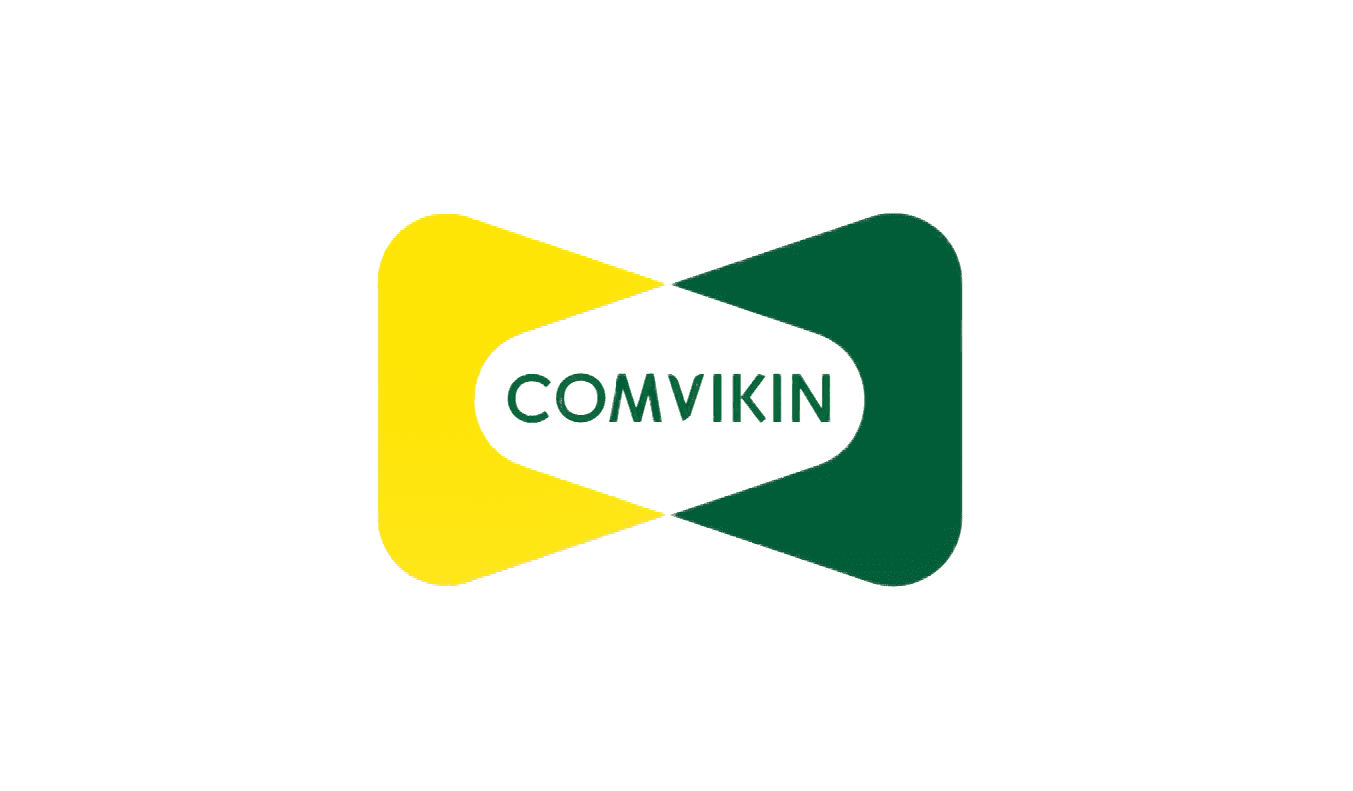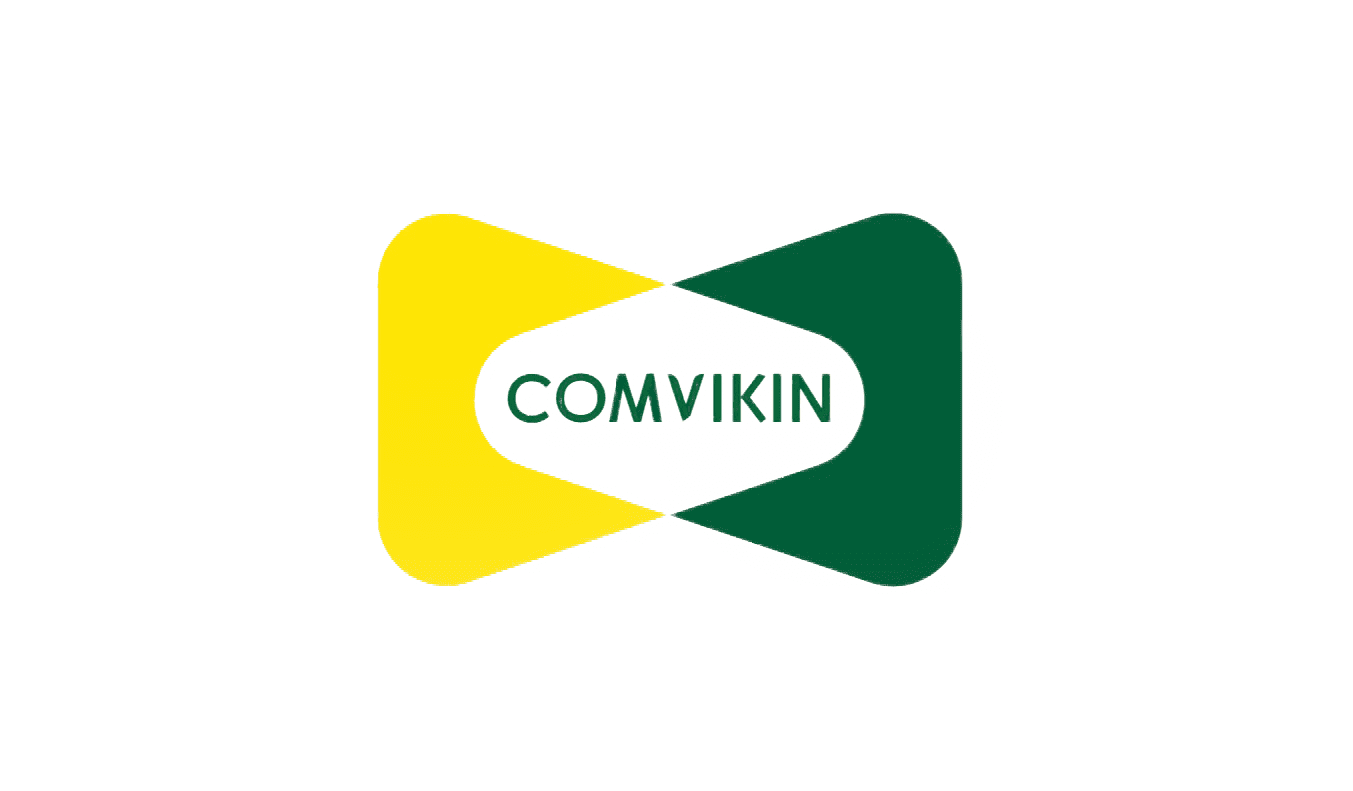Table of contents:
Vitamin C, a vital nutrient renowned for its antioxidant properties and role in immune function, comes in various formulations, each with its unique characteristics. Two such formulations, Vitamin C Palmitate and Liposomal C, stand out in the realm of supplementation. Understanding the differences between these two forms is crucial for making informed choices in health and wellness. Let's delve into the distinctive features of Vitamin C Palmitate and Liposomal C to unravel their individual merits and applications.
What Is Vitamin C Palmitate?
Vitamin C Palmitate is a unique form of vitamin C that combines ascorbic acid (the standard form of vitamin C) with palmitic acid. Palmitic acid is a saturated fatty acid, and when bonded with ascorbic acid, it creates a fat-soluble version of vitamin C. This distinctive chemical structure distinguishes Vitamin C Palmitate from other vitamin C derivatives.
The process of esterification, where the ascorbic acid reacts with palmitic acid, results in a compound that is more stable and less prone to oxidation compared to traditional ascorbic acid. This enhanced stability is particularly advantageous for certain applications, such as in the formulation of skincare products and supplements.
Vitamin C Palmitate is often utilized in the cosmetic industry for its lipid-soluble nature, making it easier to incorporate into various skincare formulations. Additionally, its stability lends itself well to products that require a longer shelf life.
It's important to note that while Vitamin C Palmitate offers some unique advantages, its bioavailability and absorption in the body may differ compared to other forms of vitamin C. As we delve into the comparison with Liposomal C, we'll explore how these differences impact their effectiveness and applications.
How Is Vitamin C Palmitate Absorbed and Bioavailable?
The absorption and bioavailability of Vitamin C Palmitate differ from other forms of vitamin C, primarily due to its fat-soluble nature resulting from the combination of ascorbic acid and palmitic acid.
Absorption Mechanism:
Vitamin C Palmitate is absorbed through the intestinal wall, much like other fat-soluble compounds. During digestion, the ester bond between ascorbic acid and palmitic acid is broken down by enzymes in the gastrointestinal tract. The liberated ascorbic acid is then absorbed alongside other fat-soluble nutrients through the small intestine.
Bioavailability:
The bioavailability of Vitamin C Palmitate is influenced by its solubility in lipids. Unlike water-soluble forms of vitamin C, which are absorbed directly into the bloodstream, the fat-soluble nature of Vitamin C Palmitate may result in a slower release and absorption process. This can impact the rate at which ascorbic acid becomes available for use in the body.
Metabolism and Storage:
Once absorbed, Vitamin C Palmitate follows the metabolic pathways of fat-soluble compounds. It can be stored in fatty tissues for later use, offering a potential reservoir of vitamin C that can be gradually released over time. This storage mechanism can contribute to the sustained availability of vitamin C in the body.
Comparative Bioavailability:
The bioavailability of Vitamin C Palmitate is a subject of ongoing research and discussion. While it provides certain advantages in terms of stability and storage, it may exhibit differences in absorption rates compared to water-soluble forms of vitamin C. Understanding these nuances is crucial when considering the specific benefits and applications of Vitamin C Palmitate in various formulations.
Vitamin C Palmitate Benefits
Vitamin C Palmitate offers enhanced stability, making it suitable for products with longer shelf life. Its lipid solubility allows easy integration into lipid-rich formulations, like cosmetics. The fat-soluble nature provides an extended and steady release, with the ability to be stored in fatty tissues. This compatibility with lipids adds versatility, making it a preferred choice in specific industries. These benefits make Vitamin C Palmitate a valuable option for applications requiring sustained vitamin C delivery.
Potential Disadvantages of Vitamin C Palmitate
- Slower absorption compared to water-soluble forms.
- Possible lower bioavailability.
- Specific application suitability (more suitable for certain applications like cosmetics).
- Potential for excess storage in fatty tissues.
- Potential higher production costs.
- Ongoing research needed for a comprehensive understanding.
What Is Liposomal C?
Liposomal C is a form of vitamin C that is encapsulated in liposomes, which are small spherical vesicles with a lipid bilayer. These liposomes act as carriers, protecting the vitamin C and facilitating its absorption in the body. This encapsulation enhances the bioavailability of vitamin C by aiding its transport through cell membranes and protecting it from degradation in the digestive system. Liposomal C is known for its potential to provide a more efficient and rapid delivery of vitamin C compared to traditional forms like ascorbic acid.
What Is the Bioavailability of Liposomal C?
The bioavailability of Liposomal C is notably higher compared to traditional forms of vitamin C. The liposomal encapsulation improves the absorption and transportation of vitamin C through cell membranes, allowing for increased uptake by cells. This enhanced bioavailability is attributed to the protective lipid bilayer of the liposomes, which shields vitamin C from degradation in the digestive system and facilitates its efficient delivery to target tissues. Studies suggest that the bioavailability of Liposomal C may surpass that of other common vitamin C supplements, making it a compelling option for those seeking optimal absorption and utilization of this essential nutrient.
Liposomal C Benefits
Improved Absorption:
The liposomal encapsulation of vitamin C facilitates better absorption through cell membranes, leading to increased uptake by cells.
Enhanced Bioavailability:
The protective lipid bilayer of liposomes shields vitamin C from degradation in the digestive system, resulting in higher bioavailability compared to traditional forms.
Efficient Cellular Delivery:
Liposomal C provides efficient delivery of vitamin C to target tissues, ensuring that a higher proportion of the nutrient reaches its intended destination within the body.
Quick and Sustained Release:
The liposomal structure allows for a rapid release of vitamin C upon reaching the bloodstream, providing a quick onset of benefits. Additionally, the sustained release profile may contribute to a prolonged presence of vitamin C in the system.
Reduced Gastrointestinal Discomfort:
The encapsulation in liposomes helps mitigate gastrointestinal discomfort that may be associated with high doses of traditional vitamin C supplements, as the liposomal form is generally gentler on the stomach.
Antioxidant Support:
Like traditional vitamin C, Liposomal C retains its antioxidant properties, helping combat oxidative stress and supporting overall health.
Versatility in Formulations:
Liposomal C's compatibility with various formulations makes it versatile for use in different products, including dietary supplements and functional foods.
Potential Disadvantages of Liposomal C
Cost Considerations:
The production of liposomal supplements, including Liposomal C, can be more expensive compared to traditional forms of vitamin C, influencing the overall cost of the product.
Storage and Shelf Life:
Liposomal formulations may have specific storage requirements, and their shelf life can be affected by factors like temperature and exposure to light. Proper storage conditions are essential to maintain the stability of liposomes.
Production Complexity:
The manufacturing process of liposomal supplements is more intricate than that of traditional forms. This complexity can pose challenges in terms of quality control and consistency in production.
Taste and Texture:
Some individuals may find the taste or texture of liposomal formulations less appealing compared to traditional vitamin C supplements. This can impact user preferences and adherence to supplementation.
Limited Research on Long-Term Effects:
While studies indicate increased bioavailability, there is a relatively limited body of research on the long-term effects and potential side effects of sustained use of Liposomal C. Continued research is essential for a comprehensive understanding.
Specific Application Requirements:
Liposomal C may not be universally suitable for all applications. For instance, in formulations where rapid absorption is not a critical factor, the added cost and complexity of liposomal technology may not be justified.
Comparative Analysis of the Two
In comparing Vitamin C Palmitate and Liposomal C, both formulations offer distinct characteristics and advantages, catering to different needs and applications.
Vitamin C Palmitate:
Stability and Storage: Vitamin C Palmitate excels in stability, making it suitable for products with a longer shelf life. Its storage in fatty tissues creates a potential reservoir for sustained vitamin C availability.
Lipid Solubility: The lipid-soluble nature of Vitamin C Palmitate facilitates easy integration into lipid-rich formulations, particularly in cosmetics, where it can contribute to antioxidant properties.
Cost-Effectiveness: While providing unique benefits, Vitamin C Palmitate may be more expensive to produce compared to traditional forms of vitamin C.
Liposomal C:
Enhanced Bioavailability: Liposomal C surpasses traditional forms in terms of bioavailability due to its encapsulation in liposomes, enabling efficient absorption and delivery to target tissues.
Quick and Sustained Release: The liposomal structure allows for a rapid release of vitamin C into the bloodstream, providing a quick onset of benefits. The sustained release profile contributes to prolonged vitamin C presence.
Reduced Gastrointestinal Discomfort: Liposomal C is often gentler on the stomach compared to high doses of traditional vitamin C supplements, potentially reducing gastrointestinal discomfort.
Versatility in Formulations: Liposomal C's compatibility with various formulations makes it versatile for use in different products, expanding its applications beyond traditional supplements.
Considerations:
Application Specificity: The choice between the two depends on the specific requirements of the application. Vitamin C Palmitate may be preferred for stability in certain products, while Liposomal C may be chosen for enhanced bioavailability in others.
Cost and Complexity: Vitamin C Palmitate may offer stability but at a potentially higher cost, while Liposomal C may require more complex production processes.
Consumer Preferences: Considerations such as taste, texture, and ease of use may influence consumer preferences, impacting the choice between the two formulations.
Conclusion
In the world of vitamin C supplementation, the choice between Vitamin C Palmitate and Liposomal C hinges on specific needs and preferences. Vitamin C Palmitate offers stability, lipid solubility, and a unique storage advantage, making it ideal for certain formulations. On the other hand, Liposomal C excels in enhanced bioavailability, efficient cellular delivery, and reduced gastrointestinal discomfort, expanding its applications across various products. Whether it's the robust stability of Vitamin C Palmitate or the advanced absorption of Liposomal C, each formulation brings its own set of advantages to the table, offering consumers a spectrum of options tailored to their health and wellness goals.If you need Vitamin C Palmitate, please contact Comvikin to provide you with high quality products and services!


